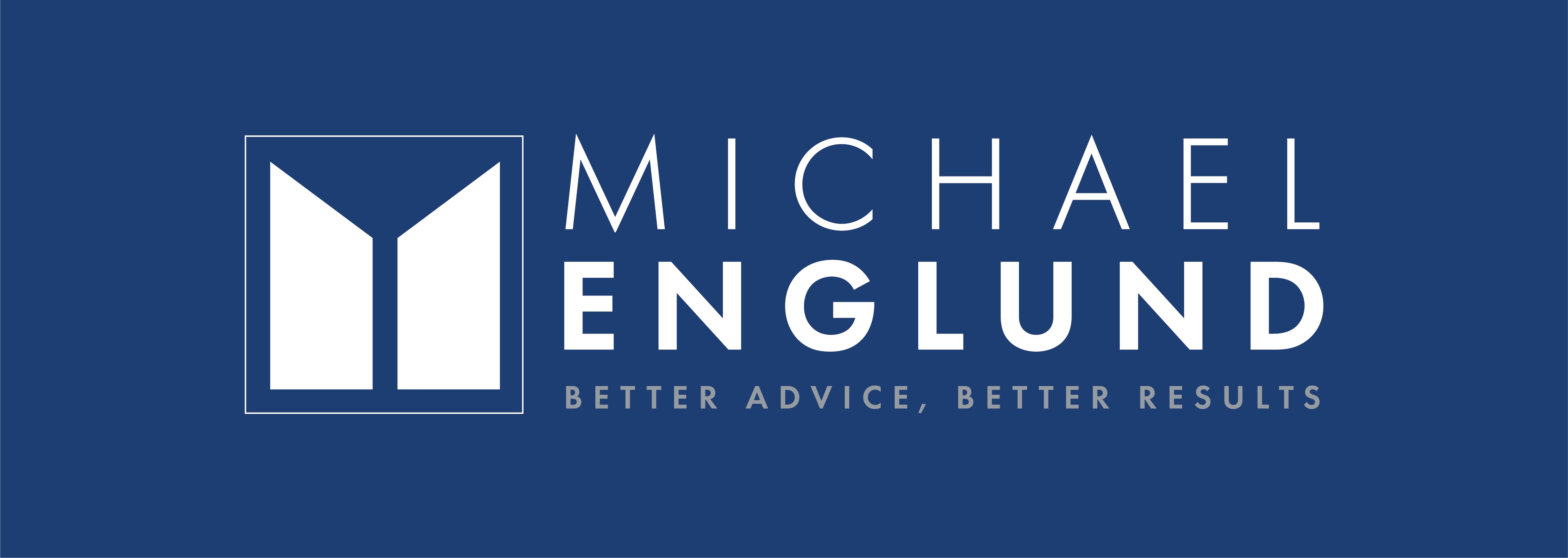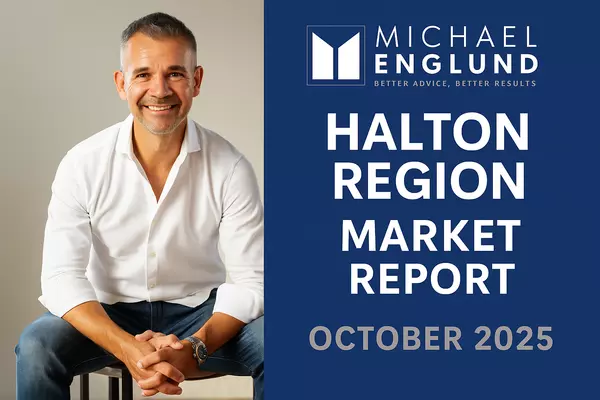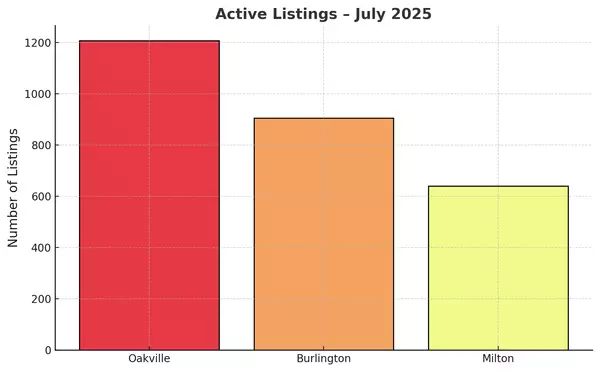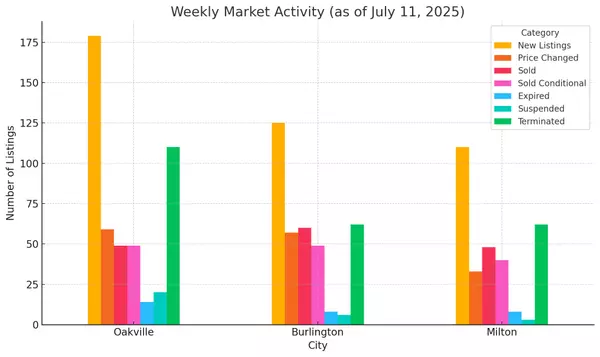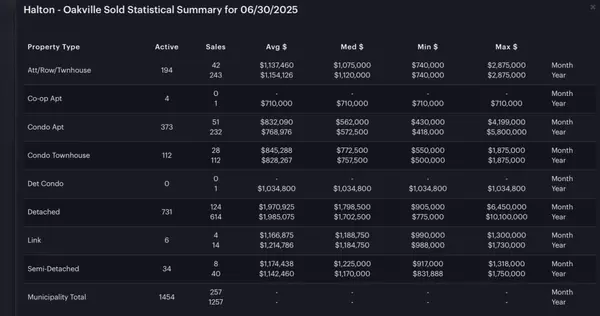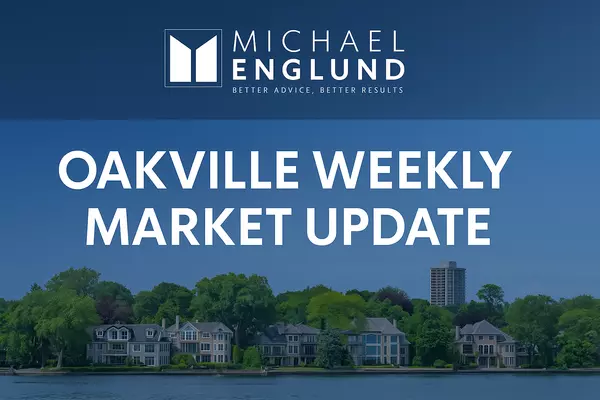Banning Blind Bidding and Anti-Flipping Capital Gains Tax on Canadian Real Estate Sales
Leading up to the Canadian Federal Election coming up on September 20 2021 we have some campaign promises being made by Justin Trudeau’s liberals which are designed to change the landscape of the Oakville real estate market as well as every real estate market in Canada. These campaign promises are to 1) Ban blind bidding on the sale of residential real estate, and 2) Implement capital gains tax on selling real estate that you have not owned for longer than 12 months.
Blind bidding on the purchase of real estate has long been considered a major contributing factor to the run up of prices in Canadian real estate. I don’t agree that this practice has very much at all to do with the price escalation, but I do welcome the end of blind bidding on the sale of Canadian real estate with open arms.
The lack of supply compared to the growing demand fuelled by immigration is the main contributing factor to price escalation. Removing blind bidding will not address this issue. Removing blind bidding will however put more confidence in the home buying process to ensure a level of fairness that has been lacking.
As an example we can look at two possible scenarios, 1) A blind bidding process on a house for sale in Oakville that has been strategically priced at $1,599,900, but every local Oakville realtor knows that this house is worth $1,800,000 based on its attributes. There are 20 offers being made on this property. All the 20 potential buyers are being presented a comparative market analysis by their buyer representative realtors and while their opinions may vary slightly, the consensus is around $1,800,000. There would be all sorts of offers ranging from $1,550,000 to $1,800,000. Most times the $1,800,000 will come in the very first round of bids (normally there are 2 to 3 rounds depending on how close the top offers are) in an effort by a buyer to put their best foot forward to gain an upper hand on the other buyers who have been trying to get the house under the true market value. In the last round of bids the remaining 2-4 buyers who might still be in the running will need to determine how much over their idea of market value they are willing to go, is it $5,000, $10,000 or $20,000,…etc.
Scenario 2) An open bidding process for the same house. Every local Oakville realtor knows this house is worth $1,800,000 based on its attributes. 20 potential buyers have decided they will make offers. All the 20 potential buyers will be presented with a comparative market analysis to determine the true market value of this house where all the evidence suggests a value of $1,800,000. There will still be a wide variety of offers coming in from people who are hopeful the property might be sold for lower than $1,800,000 and there will be many buyers who will expect it to sell for nothing less than $1,800,000. The only difference is all the buyers are made aware of what the other offers are. There would be a comfort in knowing how much over the next top offer you are and it may keep you bidding.
Scenario 3) Sellers may not want to gamble with an open bidding process and decide to price their $1,800,000 home in the traditional way by asking $1,849,900 and negotiating down to an acceptable price.
While I welcome an open bidding process, as it may provide a sense of fairness to buyers, I don’t think it will put any downward pressure on prices. There are only two factors involved in price fluctuation in any and every market in any and every economy and they are 1) Supply and 2) Demand. The campaign promise of banning blind bidding does not address either supply or demand.
Anti-flipping taxes
Capital gains taxes on selling properties as a business already exist and the government has been cracking down on property flipping in recent years. The liberal government has promised they will not make us pay capital gains tax on principle residences. The campaign promise suggests that any property sold by a homeowner that has not owned the home for at least 12 months will be taxed capital gains tax, with possible exemptions for situations of divorce, loss of employment and needing to relocate for employment. No formal plan has been created but it’s a campaign promise.
In the real world, behind all the headlines, what really happens in the real estate world is that local people buying real estate for the purpose of investment are typically not people who engage in winning bidding wars. I’m not convinced that this promise would change a thing.
Building 1,000,000 affordable homes in 3 years
Is 1,000,000 new “affordable” homes in three years across Canada really enough to make a difference? If we break that out over 3 years across Toronto, Vancouver, and Montreal only, we get 111,111 “affordable” housing units per year. This would be on the very high side and would not include any other cities in Canada. There has been no definition of what an “affordable housing unit” is or where they would be built, but how would that affect 20 offers on a $1,800,000 house in any of these cities?
What do you think?
Categories
- All Blogs 100
- bank of Canada 34
- Bronte Oakville Real Estate 30
- Burlington Real Estate Market 1
- Fear vs Opportunity 1
- Home prices in Burlington 26
- Home prices in Milton 26
- Home Prices in Oakville 35
- interest rate 32
- Milton Real Estate Market 1
- mortgage renewal 28
- Oakville Real Estate Agent 13
- Oakville Real Estate Market Trends 10
- Real Estate Market Update Oakville Burlington Milton 19
Recent Posts
